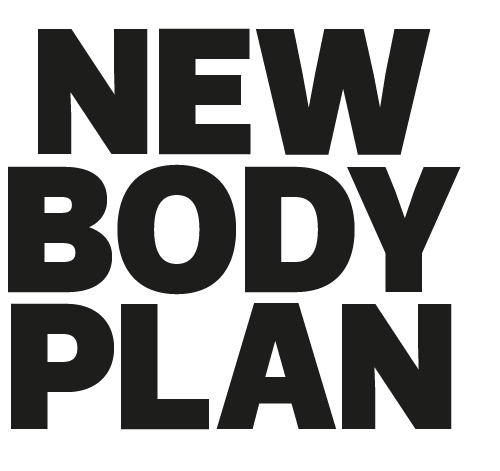Is fasted cardio the best way to lose fat faster?
Want to shift stubborn body fat fast? Then cardio exercise can play a major part in creating the daily calorie deficit that will allow you to swap your soft and out-of-shape body into a leaner, stronger and physique. But is it better to do your fasted cardio workouts on an empty stomach to burn body fat faster? Or is having a full tank of quality fuel the smarter approach to smash your sessions for rapid results? New Body Plan’s fitness director Joe Warner investigates so you can build the body you’ve always wanted
Do you think that cardio training on an empty stomach is the smart way to burn body fat faster? Or do you have the view that it’s best to exercise with some fuel in the tank so you can smash your sessions?
Ultimately, it doesn’t actually matter whether you do fasted cardio or exercise after eating. It has zero impact on your weight-loss results.
That’s the finding of a study that compared the body composition changes in 20 subjects who did one hour on the treadmill three times a week for four weeks.
Half the subjects exercised fasted (having not eaten since the previous evening), and the other half exercised after eating. Both groups consumed the same number of daily calories and ate in a calorie deficit.
At the end of the study with groups had lost weight. But there was no difference between the groups with regards to changes in body mass, weight, body-fat percentage, waist circumference, fat mass or lean muscle mass.
Should I do fasted cardio for faster fat loss?
What do the results of the study mean for your fat-loss goal? It doesn’t actually matter whether you work out on an empty or a full stomach. Although we’d suggest leaving at least an hour between a heavy meal and a hard workout.
What does matter is how good you feel going into a session.
Does eating too close to your workout makes you feel lethargic, tired or sluggish? Or does it affect your ability to push as hard as you want? Then you’re best avoiding big meals two to three hours before training.
On the flip side, if all you can think about is how hungry or dizzy you are after hours since your last meal, then it’s almost certain a lacklustre workout will follow.
And maybe training in a fasted state means you’re more likely to devour everything in sight for the remainder of the day. And that means your daily calorie intake goes through the roof and you’re eating in a huge calorie surplus. And so you’re not creating the small calorie deficit to chip away at stubborn body fat stores.
But if training on an empty stomach makes you feel light on your feet, and helps you stay focused and energised, then that’s the right approach for you.
Find your perfect fat-loss plan!
Take the New Body quiz!
Train for your body type for your ultimate body transformation

